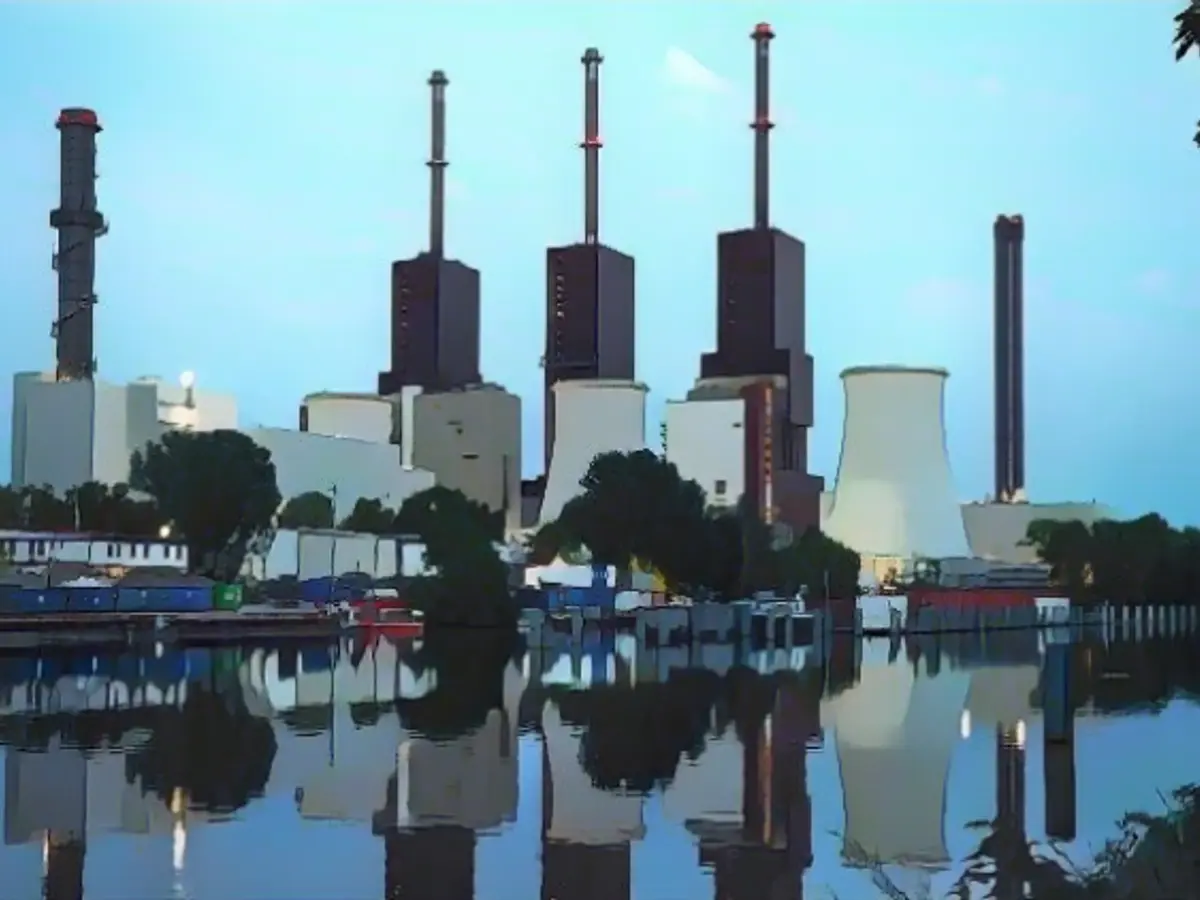Title: Berlin Takes Over District Heating Network from Vattenfall for a Billion Euros
From the get-go, the Berlin state government has been on a mission to manage all energy and supply infrastructures within its grasp. Now, they're adding district heating to this list, and Vattenfall's pockets will be a little lighter by 1.6 billion euros.
In the world of energy, Berlin has chosen to acquires the capital's district heating network from Swedish supplier Vattenfall. Both parties signed off on this deal, with Berlin's Finance Minister, Stefan Evers, sharing that the price tag would amount to 1.6 billion euros. The transaction is slated for completion in the spring of 2024.
Berlin's Mayor, Kai Wegner, declared this as a landmark moment for the city. Meanwhile, Franziska Giffey, Senator for Economic Affairs, expressed excitement, stating, "We're bringing the heat home, we're bringing the heat back into Berlin state hands." However, this acquisition needs the green light from Berlin's House of Representatives. Moreover, this deal also includes the option to acquire Vattenfall's shares in gas network operator Gasag.
This deal came to light in May 2022 when Vattenfall announced its intention to scrutinize its district heating business in Berlin (serving nearly 1.4 million apartments). The Berlin Senate voiced interest in purchasing the company, joining the bidding process that Vattenfall initiated in early December 2022. The two parties even entered into exclusive negotiations at the end of October this year.
For years, the Berlin state government has been working tirelessly to maintain ownership of all energy and supply infrastructures. They've already secured the electricity and water networks, and now they will manage the district heating network as well. On the other hand, Gasag's control remains in private hands for the time being.
Vattenfall has been pondering a shift away from fossil fuels, and their Berlin district heating business was a candidate for a sale. However, a final decision was still pending. Vattenfall did recently announce an investment of 200 million euros into the network.
Explore More:
The Berlin Senate has sealed a 1.6 billion euros deal to purchase Vattenfall's district heating network. This acquisition paves the way for Berlin to manage its district heating network in line with its goal of centralizing all energy and supply infrastructures.
Source:
Enrichment Data:
Background and implications of Berlin Senate's acquisition of Vattenfall's district heating network for 1.6 billion euros:
- Energy Transition Goals: Berlin aims to generate 25% of its electricity from solar energy by 2035, as per the Berlin Senate's solar expansion efforts[3]. This ambition aligns with Germany's broader strategy to transition to renewable energy sources, with an 80% target by 2030[5].
- Public Ownership of Infrastructure: Berlin Senate's decision to purchase Vattenfall's district heating network reflects a commitment to keeping energy and supply infrastructure in public hands, being part of a larger effort to ensure that critical infrastructure is managed and controlled by the public sector, rather than private companies.
- Energy Security and Independence: By maintaining public ownership, Berlin aims to enhance energy security and independence, which is also driven by the need to reduce reliance on imported fossil fuels, particularly after the shift in energy supply following Russia’s invasion of Ukraine[2].
- Integration with Renewable Energy: Integration of district heating networks with renewable energy sources is vital for a sustainable energy system. Berlin’s focus on solar energy and other renewables will likely be supported by public ownership, ensuring that heat distribution is aligned with the city’s renewable energy goals[3].
- Regulatory Control: Public ownership allows for more direct regulatory control over energy distribution, which is essential for managing the transition to a low-carbon economy, implementing policies that support the integration of renewable energy sources, and ensuring a stable, reliable energy supply[4].
- Financial Considerations: The 1.6 billion euros investment is a significant financial commitment but is likely justified by the potential long-term savings and the strategic importance of maintaining public control over critical infrastructure.








